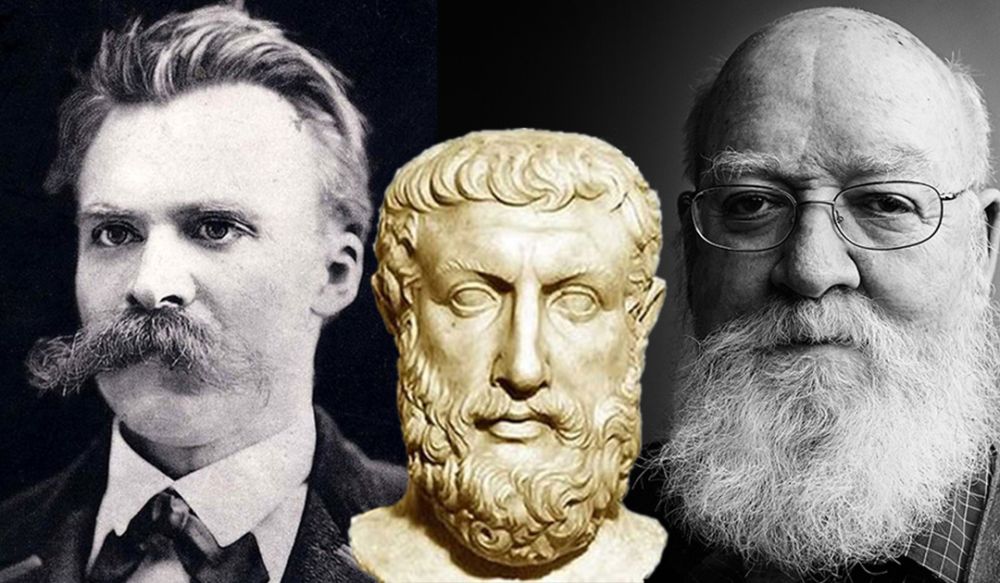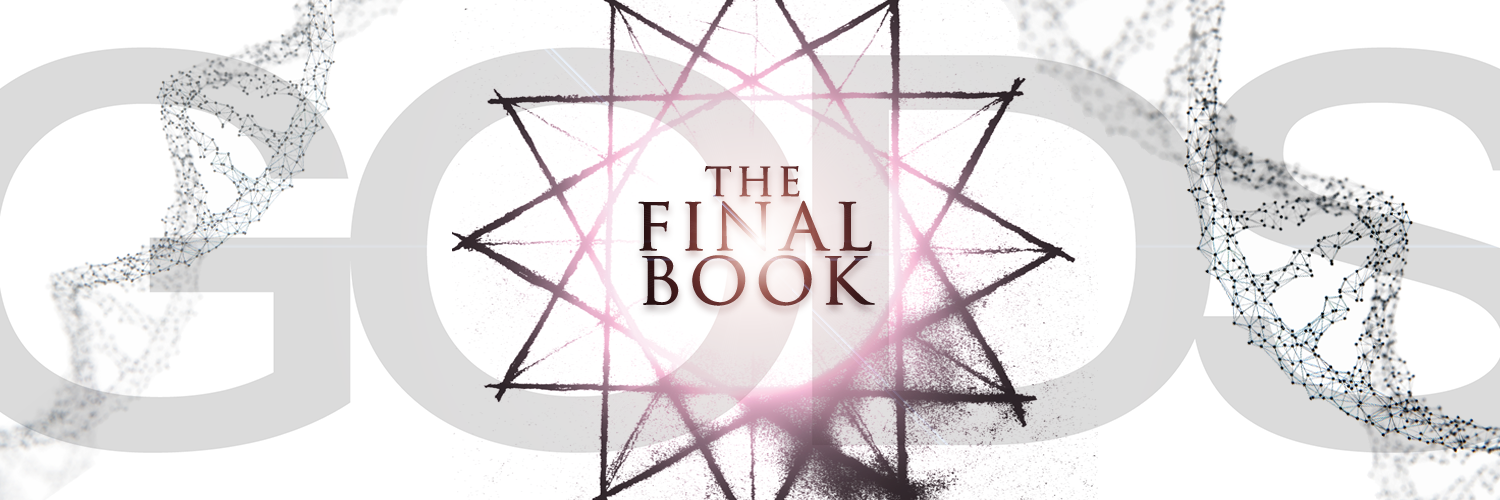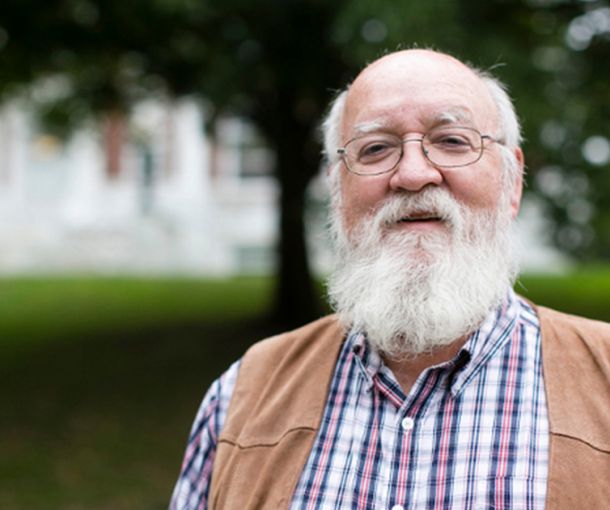The Soul and Hammond: Realization by Advancing Perspective

The answers I’ve arrived at could have never been told to me—as I cannot tell them to you—they were achieved through realization by advancing my perspective.
I’m going to try to make this as pithy as I can—an almost insurmountable task as I spent a great deal of the 474 pages of my novel, The Final Book: Gods, covering the subject—and it’s only the first book of the trilogy.
I was raised loosely under the notion of dualism. I am a product of American society, American education, and the little bit of values our culture has are continually shaping my past. However, I’m not sure I ever “believed” any of it. I’ve always been curious of why, and constantly receiving inadequate answers—whether it be from priests, scientists, or professors—has made me skeptical. That is why I have taken up philosophy—and while the trade has given me many tools, it is still difficult to find answers.
It’s hard not to be swept up in Marx and Continental “isms”. They’re smart; you’re unable to refute their claims, and anything you say can be deconstructed. They’re winners by default but ultimately provide little value because they’re partisan. They don’t seek truth—to them, truth is something that can’t exist—they seek ideology while they condemn it; the same way the Roman Catholic Church did transitioning from polytheism. Each, as a result, are responsible for more heartache and deaths than I ever care to imagine. Given this, I can’t ascribe myself—my consciousness, my conscience, or my soul—to any of these brands of revelry.
If consciousness is nothing more than interpretive perception and I’m free to construct my life in any which way I want; why not choose the comfort of believing in hope, greater meaning, and purpose? Why not strive for justice and cosmic knowledge? It may be fantasy—but to argue any ideology on their own terms—all they present is fantasy as well.
These last few years of research have given me three philosophers that will greatly shape the way I construct my future, and ironically they’re completely at odds with one another—Parmenides, Friedrich Nietzsche, and Daniel Dennett. My soul, or self, seems evenly divided between these three philosophies. Parmenides is what I aspire for, Nietzsche is how I live, and Dennett is how I see reality—and, considering the big picture, perhaps these theories are the evolution of man.
I truly don’t see humans as anything more than evolved hunks of bacteria (perhaps viruses, we’re quite parasitic) and the mantra “competence without comprehension” has been blaring in my ears since I understood what Dennett was talking about. We’re sure good at doing a lot of things, but we have no idea why we do them… Consciousness is a user illusion; a survival mechanism that, in humans, has evolved and adapted itself to memes and natural language.
Because of this, the practicality of fabricating your own Nietzschean purpose and identity is crucial. If life is undetermined and subjective, it’s up to each individual to make the most of it. You are the creator of your life, and the greatest challenge is unshackling yourself from any notion that suggests otherwise.
Finally, the hope is to conceptually transcend toward the way of truth. To join Parmenides and cosmically ride on a winged-horse chariot and visit the Goddess of Necessity; to understand being as she intended it, as it is. Ananke is a constant fixture of my psyche and she is an ideal to keep sacred and strive toward one day understanding.
I don’t know if the “I” is anything at all, but I do know it’s a lot more fun thinking that it is. My idea of self might not be universal, but I sure have given it a lot of dedicated thought. The answers I’ve arrived at could have never been told to me—as I cannot tell them to you—they were achieved through realization by advancing my perspective. It’s an experience that must be had, not I fact that I can tell you. Moreover, it’s a lifelong process. I’m destined to look back at my perspectives, the one I’m writing from right now, and think just how foolish I was.
Anyone who bothers philosophizing holds a bit of truth; however it’s all just words until it’s given perspective. And this is mine.













